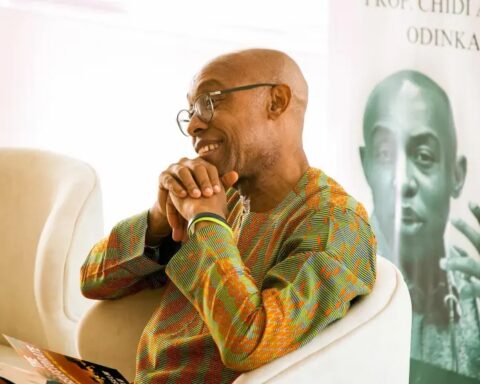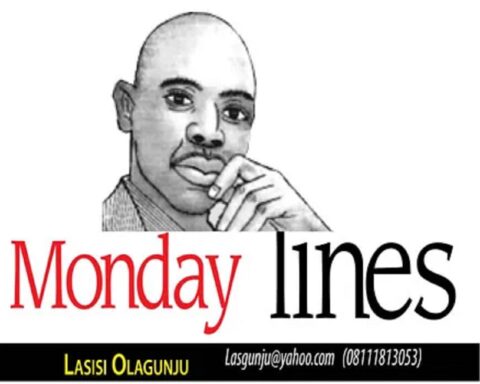
Democracy is often cast as the antithesis of authoritarian rule — a beacon of liberty standing firm against the shadows of oppression. Yet, history tells a more intricate tale. Authoritarian regimes rarely storm the gates; instead, they slip quietly through the corridors of power, emerging not as abrupt usurpers but as offspring of the very systems meant to guard against them. In our modern age, the fall of democracy is seldom marked by a single, violent coup. It is a slow, insidious unravelling — the steady decay of institutions, the quiet bending of norms. It is the gradual surrender of freedom, handed over piece by piece, often in the name of the rule of law or security. Thus, the path to autocracy is not carved by force alone but paved with the very stones once laid to uphold democracy.
Authoritarianism, unlike ancient times, does not emerge like a light switch. So, we can rightly say that the intersection of democracy and authoritarianism is gradual. This gradual shift from democracy to authoritarianism is often enabled. In Nigeria, there is growing concern among political analysts that the country is witnessing the rise of authoritarian tendencies within its democratic institutions. The ruling All Progressives Congress (APC) has been accused of manipulating democratic processes to consolidate power. Therefore, the question is not whether authoritarianism is looming but how it is being enabled and perpetuated. Urgent action is needed to prevent further erosion of democratic norms.
Political analysts have argued that a significant tool to rein in most political actors is economic instability and impoverishment, which causes them to switch to survival mode. Nigeria’s social and economic conditions have created an ecosystem that makes manipulating democratic institutions easier than before. The ruling All Progressives Congress (APC) has been particularly instrumental in this erosion, using its enormous financial power to control the political class, which is mainly in a survival mode and has no option but to become pliant to partake of the largesse of executive economic power.
Besides, poverty has been weaponised, and many people are either busy fighting to earn a living or just nonchalant about confronting a democratic government that is gradually sliding into authoritarianism. This ecosystem is on full display today in Nigeria. It only takes a political leadership interested in the benefits of authoritarianism to activate these enablers. The ruling APC has so much power to manipulate the democratic systems unchecked and with impunity.
Common enablers of authoritarianism are a rubber-stamp legislature, a compromised judiciary, and an impotent civil society, particularly a labour movement that has lost its virility. Other enablers include a media that prioritises propaganda and economic gains over national interest and, elite greed. A critical examination of how these enablers play out in our country today will help us appreciate the democratic backslide we are experiencing.
A functional legislature serves as a critical check on executive power. However, Nigeria’s National Assembly has increasingly become subservient to the executive. A legislature can enable autocracy either by deliberate design or by default. By default, rampant corruption among lawmakers has compromised the integrity of legislative oversight. Legislators fail to challenge executive overreach due to personal financial interests. Deliberately, if a dominant political party has an authoritarian agenda, it can use the legislature to rubber-stamp executive decisions. A subservient legislature is a National Assembly that goes against the constitutional procedure in every respect to please the Sovereign.
With its control of both legislative houses, the APC has weakened parliamentary independence. One of the most blatant examples of legislative subservience is the unconstitutional use of a voice vote in determining a two-thirds majority, as seen in critical decisions, such as approving President Tinubu’s emergency proclamations. The reasons are clear. Section 305(2) & (6)(b) of the 1999 Constitution of Nigeria (as amended) states that at least two-thirds must approve an emergency proclamation of all members of each House (Senate and House of Representatives). A voice vote (where members say “Aye” or “Nay”) cannot accurately count the required two-thirds majority. Democracy, in its pure form, is about counting numbers.
When a supermajority (such as two-thirds) is required, a recorded vote is necessary to ensure compliance with the constitutional requirement. The Senate and House Standing Orders typically require a roll call or electronic voting system to determine numerical compliance for such critical decisions. A voice vote is insufficient for determining a two-thirds majority in the National Assembly for an emergency proclamation. A formal recorded vote must be conducted to confirm the exact number of lawmakers in support.


























